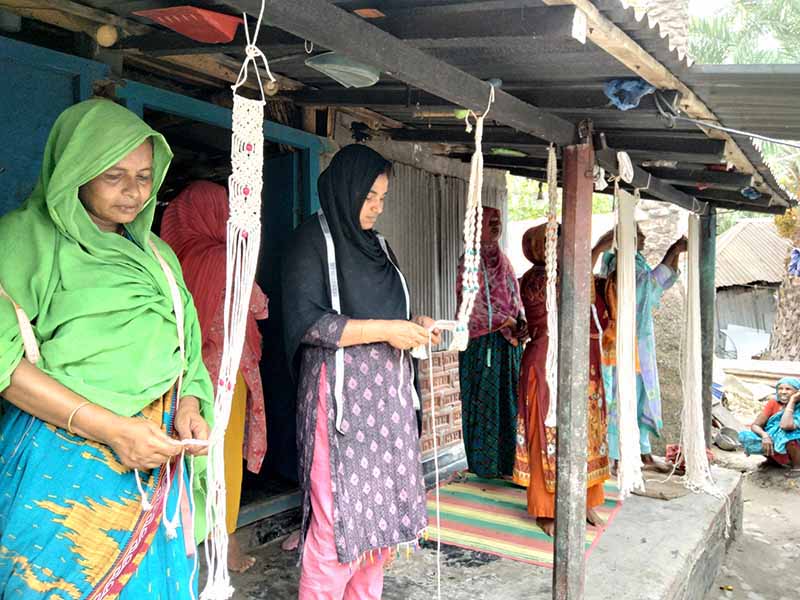
- Home /
- Portfolio

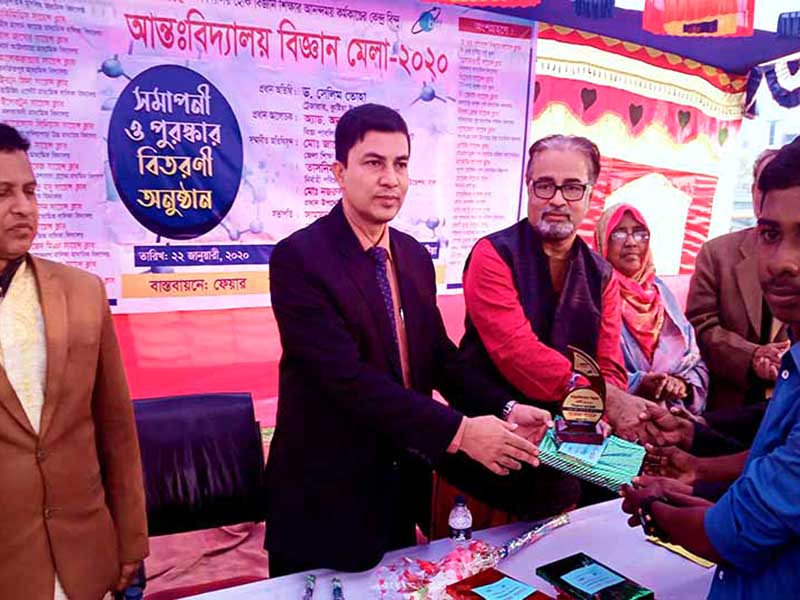
Promoting Science Education in Secondary Schools | FAIR’s Initiative in Bangladesh
Background and Rationale Promoting Science Education is crucial for ensuring a skilled workforce in Bangladesh. However, scientific literacy and interest in STEM (Science, Technology, Engineering, and Mathematics) subjects have declined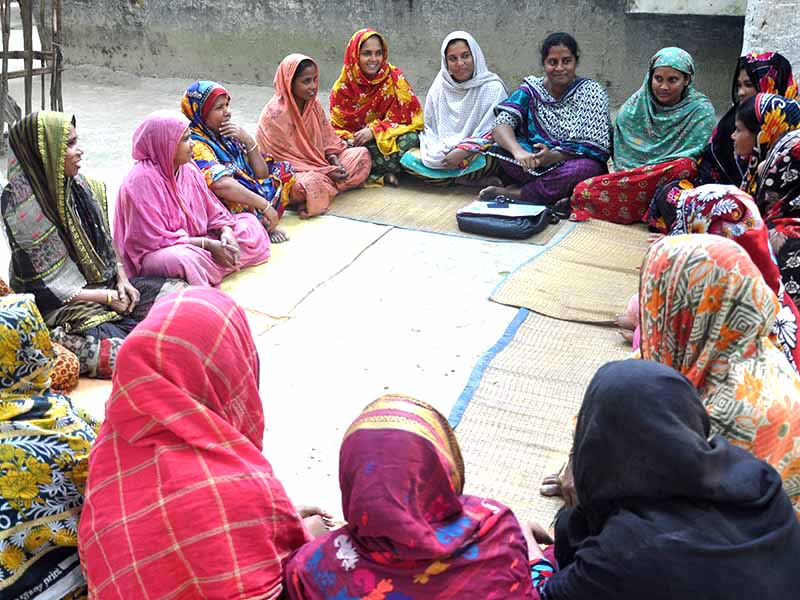
Legal Aid for Poor People: Justice and Empowerment in Kushtia
Project Background and Problem Statement Access to Legal Aid for Poor People is an essential right that ensures justice and equity in society, yet marginalized communities in Bangladesh, especially women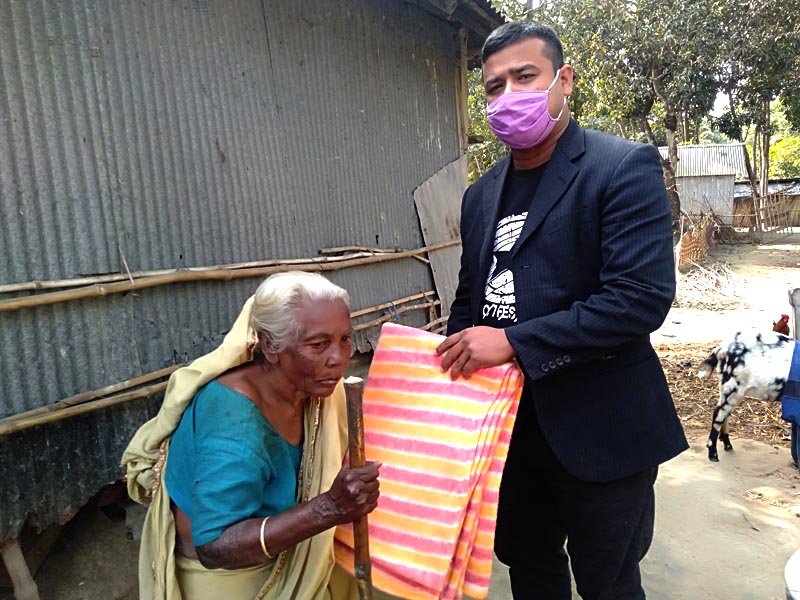
Warm Clothes for Marginalized Poor People
Summary At the beginning of winter every year FAIR provides winter clothes specially blankets to poor families to keep them warm. This project will help 400/500 poor families specially persons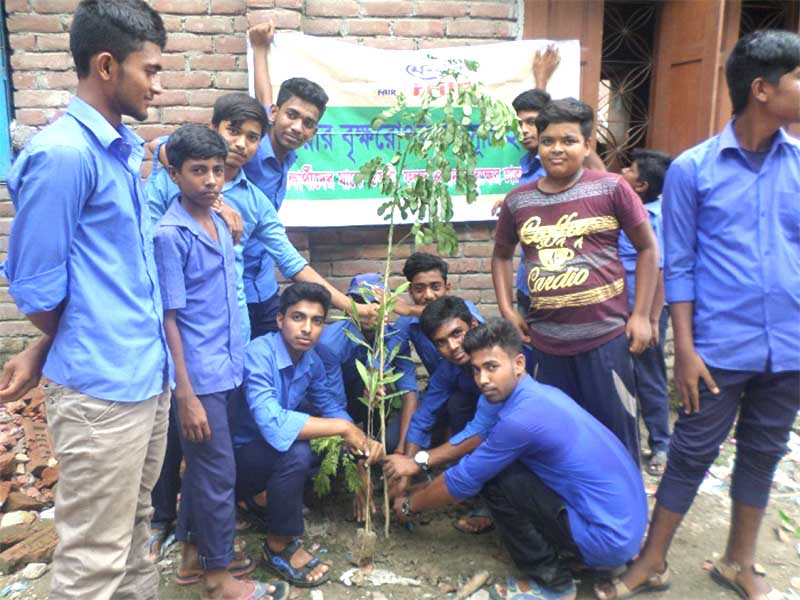
Plantation for Safe Earth
Summary This project, to reduce the dangerous threat of global warming, creates awareness among school students about the importance of planting trees in rural and urban areas, which will help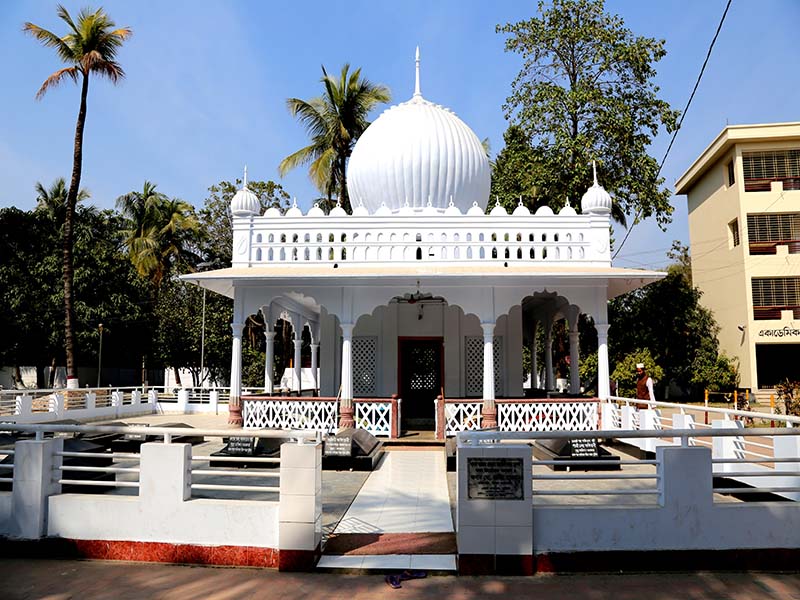
Tourist Hotels Service
Project Summary: The main objective of this project is to provide safe and supportive Tourist Hotels Service including residential hotels, transport, food, guide, ticketing etc. tourist service to the tourists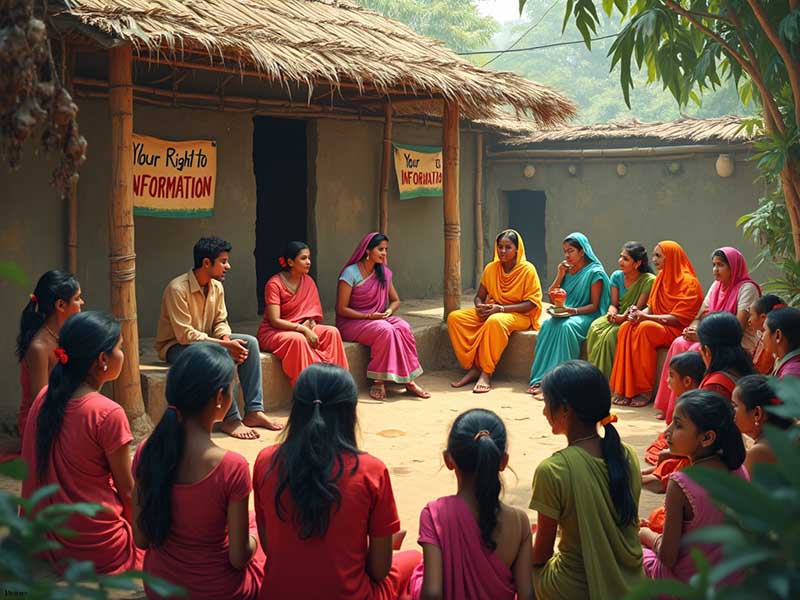
Right to Information (RTI) Act in Bangladesh: Empowering Marginalized Communities
Background and Problem Statement The Right to Information (RTI) Act is a fundamental law that empowers citizens to access essential public information, ensuring transparency, accountability, and informed decision-making in a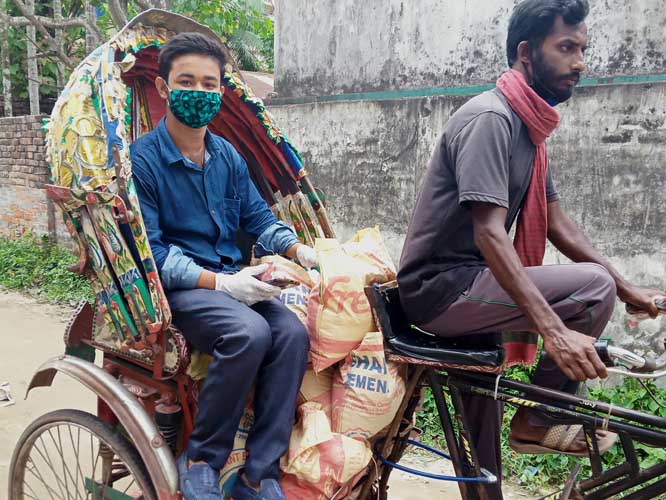
Humanitarian Response in Covid-19 Pandemic
Summary: To organize people from different professional to stand by the people affected by Covid-19 Pandemic in Kushtia, to provide emergency food and medical assistance and to take social initiatives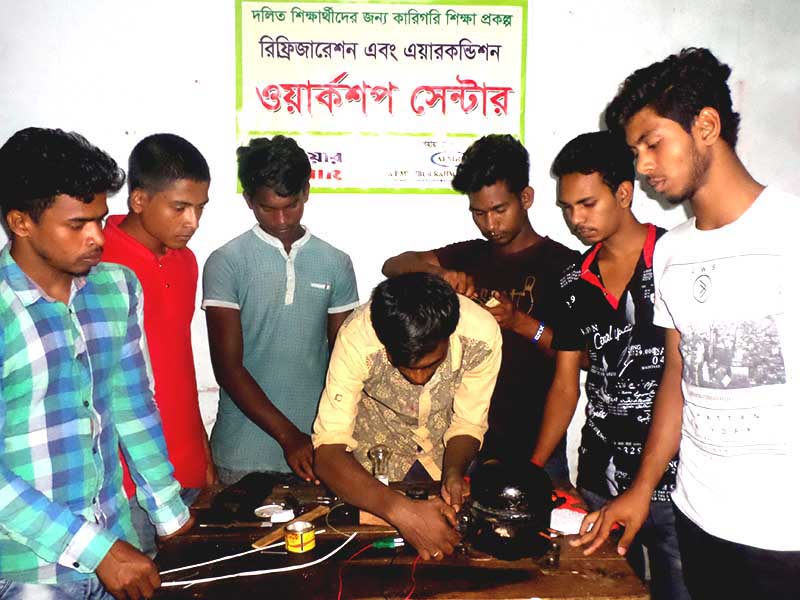
Vocational Education for Marginalized | Transforming Lives in Bangladesh
📜 Project Overview In Bangladesh, Vocational Education for Marginalized is crucial for addressing deep-rooted socio-economic exclusion caused by caste-based discrimination, historical oppression, and systemic neglect. These communities often lack access
